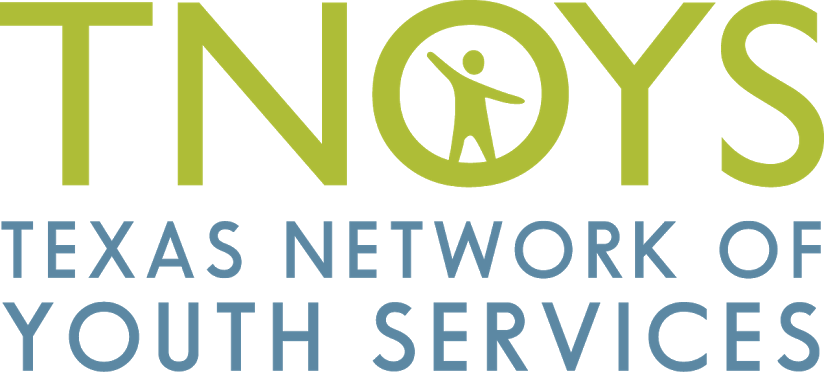From the beginning, the 85th Texas Legislative Session proved to be an important one for the state’s child welfare system, kicking off in January with strengthening Child Protective Services (CPS) flagged by the governor as one of just four emergency items.
In addition to that issue, TNOYS had a full legislative agenda focused on six priorities: prevention and early intervention, quality foster care services, supports for homeless youth, trauma-informed care, supports for transitioning youth, and opportunities for youth voice. We’re pleased to share that many of the goals of our legislative agenda were achieved, and we’re busy working on a full recap of the various new laws from the session that impact the child welfare system, and what youth service providers need to know about them.
In the meantime, we’d like to share with you five highlights showing how the legislative session will have a positive impact on Texas children, youth, and families.
Increased funding for critical Prevention and Early Intervention (PEI) programs
We are pleased to report that funding for Prevention and Early Intervention (PEI) services increased by $8.8 million from last session. This increase includes the following:
- $1.34 million in additional funding for In addition to this increased funding, bills were passed that require DFPS to evaluate and report on the effectiveness of the prevention programs, that strengthen family preservation efforts, and more.
- $2.3 million in additional funding for the CYD program
- $1.6 million in additional funding for Project HIP
- $800,000 in additional funding for Texas Home Visiting
- $5 million in additional funding for Nurse Family Partnership
In addition to this increased funding, bills were passed that require DFPS to evaluate and report on the effectiveness of the prevention programs, that strengthen family preservation efforts, and more.
Increased funding for foster care services
During the session, TNOYS advocated for increased funding for all foster care and residential treatment services to ensure that children and youth placed in these settings are safe and that their placements promote their health and well-being. Overall, legislators approved 11.8 percent more for foster care payments than in the previous biennium. That means that beginning in September, many foster care providers will see rate increases, including a new treatment foster care program. Unfortunately, though, the Legislature made a last minute decision not to increase foster care rates for some of the most critical programs addressing the foster care capacity crisis, including emergency shelters.
The Legislature also provided funding to continue Foster Care Redesign (now known as Community Based Care) in Region 3B and for Region 2, the next anticipated for next roll-out. Additional funding was provided to expand Foster Care Redesign to three additional regions by the end of fiscal year 2019, and SB 11 expanded the scope of the initiative by transferring some case management responsibilities to the Single Source Continuum Contractor.
Legislation to strengthen trauma-informed care practices
Some young people in the child welfare system may exhibit challenging behaviors resulting from trauma they have experienced. We have worked with many youth services professionals and organizations across Texas who have already begun to ensure service environments are trauma-informed and we were pleased to see the Legislature take steps this session to promote those best practices.
One bill that was passed requires TEA, DSHS, and ESCs to keep an updated list of research- and evidence-based programs and practices on positive school climate, trauma-informed strategies, and positive behavior intervention. Another piece of legislation provides for peer specialists and services, a trauma-informed best practice, to be provided under the medical assistance program.
Supports for transition-age youth
This session, policymakers also invested in resources including life skills training and job training to prepare youth in challenging situations to grow into successful, independent adults. Notably, DFPS received an increase of $1.2 million for Preparation for Adult Living Program to expand support provided to foster care youth transitioning into independent living.
A bill from Senator Borris Miles improves the transition of students who are experiencing homelessness or placed in foster care by requiring TEA to develop procedures for schools to ensure educational programs, including special education that were previously received by child continue upon transfer to new school. And, TNOYS successfully advocated for a bill that will require DFPS to create a summer internship program for youth currently and formerly in foster care who are 15 years old and above.
These are just a few of the highlights from the session. Keep an eye out for our full legislative recap, which will share the details of these and many other policies that resulted from the session, and will also explain how they impact the work of our member organizations and other youth service providers across the state.
